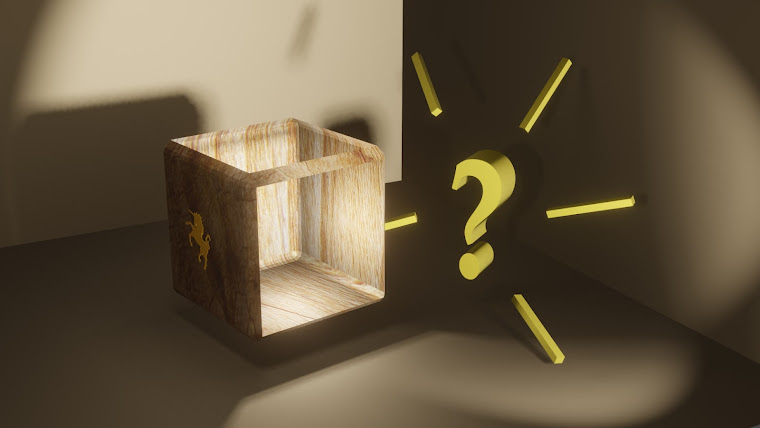Iraqi Prime Minister Haider Al-Abadi on a televised broadcast on Monday morning 17th October 2106 declared the start of the liberation of Mosul, north of Iraq, which since June 2014 has been under the control of ISIL following their audacious and lightning invasion of the city of approximately 1.5 million people. "The hour of victory has come; the operation to liberate Mosul has started. God willing, we will meet in Mosul to celebrate the liberation and your Salvation from Daesh so we can live together once again, all religions united and together," Hope and optimism expressed to the suffering people of Iraq, many of whom will experience vicarious pleasure to hear such noble words. Two years in the making; this operation, spearheaded by Iraqi forces, Peshmerga militia ground troops backed by no less than American, French and British Airforce. Beside such staggering military firepower, there is also a conglomeration of units from 60 countries to drive out the dreaded evil ISIL hopefully to bring the end of a continuous cycle of violence that has plagued Iraq for so long.
Peace cannot come quickly enough to this beleaguered country made up of 35 million people, a heterogeneous population that has endured so much strife and suffering. Indeed, there has never been so much death and destruction since the American invasion in 2003 as there has been in Iraq’s turbulent 100-year history when it was inorganically constructed back in 1923. The hope, of course, is directed to that end but unfortunately, achieving peace in Iraq political lexicon, as experience has shown, can never be so linear. The big question will be the sustainability of peace and whether the people of Iraq can ever find common ground for religious tolerance a rudder towards cohesiveness and political harmony. Aside from existing squabbles and corrupt government ISIL would have left a legacy of upheavals: military, security, social, economic and political, the government of Iraq need to surmount. Along the way neighbouring Turkey from the North and Iran from the East have also built up militias to safeguard their respective political ideologies ready to use force. Belligerent agents aside, the government of Iraq need to come to terms with a kaleidoscope of interested groups, led mainly by narcissistic personalities that have come together from amongst the violence of the last decade and more. They support populist religious, political and tribal leaders, between them, can splinter any intentions of peace efforts. Indeed individualism can have a nasty meaning in Iraq, likely to scupper any peace initiative that may fall short of their personal ideological or financial interests. Time and again this has become emblematic of regional politics that has so often proven the stumbling block for peace in Iraq as much as it is an elusive commodity in the rest of the Middle East.
For analytical purposes, it would be interesting take a close look at the interested parties aside from Sunni Turkey and Shia Iran acting as backup principle patrons. There are a plethora of interested militias: separate Shia Militia backed and financed by Baghdad government without legal hold over them, The Nineveh Guard, Iranian-backed Militia, Kurds Militia; KRG, PKK, Turkey backed Sunni Militia, Syria back Militia who all hold Mosul vital to their interest. Some are also there to safeguard their influence along the Turkish and Syrian borders. With so many parties involved with overlapping interests, the picture becomes confusing where the parties concerned could easily stumble into renewed round of violence. Additionally, in the presence of proverbial Arab emotions running high, coupled with a lack of unbiased arbiter or peacemaker makes the situation highly combustible. With so much at stake high-level negotiation is vital; there is bound to be a morsel of understanding to lighten the opacity of dissonance.
If all else fails, let democracy decide how this jigsaw fits and put religious extremism to the test. As in Europe: Scotland, Britain and elsewhere, let the people take a decision in a referendum whether they want the country to be divided on religious grounds and should this division is on the Sunni and Shia conflicting ideologies. If indeed the result is a YES for a division, as would be expected, finally to prompt the next question the desire whether each side to affiliate with Turkey and Iran respectively. There remain the Kurdish issue that needs resolving. Although the majority are of Sunni Faith their nationalist ideology is far from Turkish interest but for a landlocked region, though geographically endowed with oil and beautiful landscape, it's hard to see how they can prize nationalism and semi-autonomy at least without concessions to its neighbours.
The alternative as it stands today; Iraq is rich in resources but almost a failed state. Where more or less the government is there by name only, anarchy rules and where the law applies to the highest bidder. Since where there is prevalent ubiquitous belief in superstition and jealousy that carry ominous significance, the country can re-establish a starting point. As India before it with Mumbai and Chennai, to throw the Colonial name ‘Iraq’ into the dustbin of history and change it into something that might yet hold a bright and promising future for its people. However, from a realistic point of view, given circumstances and factors involved, the kinetic challenges we see today will dwarf in comparison to Bismarckian Realpolitik essential to sort out the quagmire we call Iraq that yet to follow the road signs to real peace. To my knowledge, though, political pragmatism and Democracy never killed anybody.
Therefore it is Time for the Iraqi nation to be at peace with itself - Inshallah.


No comments:
Post a Comment